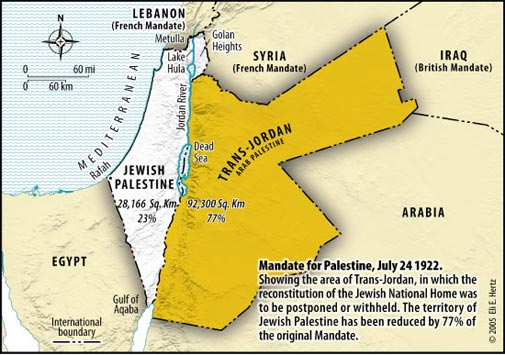Josephus [AD/CE 35–100]
Antiquities 8.10.3 [260] — "Now Herodotus of Halicarnassus mentions this expedition, having only mistaken the king's name; and [in saying that] he made war upon many other nations also, and brought Syria of Palestine into subjection, and took the men that were therein prisoners without fighting."
Contra Apion 1.2 [169, 171] — "His [Herodotus'] words are these: 'The only people who were circumcised in their privy members originally were the Colchians, the Egytpians, and the Ethiopians; but the Phoenicians and those Syrians that are in Palestine confess that they learned it from the Egyptians.' ... This, therefore, is what Herodotus says, that the 'Syrians that are in Palestine are circumcised.' But there are no inhabitants of Palestine that are circumcised excepting the Jews; and therefore it must be his knowledge of them that enabled him to speak so much concerning them."
Herodotus [c. 484–c. 425]
Histories 1.105.1 — "From there they marched against Egypt: and when they were in the part of Syria called Palestine, Psalmmetichus king of Egypt met them and persuaded them with gifts and prayers to come no further." [Eng. trans. A.D. Godley]
Histories 2.104.3 — "The Phoenicians and the Syrians of Palestine acknowledge that they learned the custom from the Egyptians, and the Syrians of the valleys of Thermodon and the Parthenius, as well as their neighbors the Macrones, say that they learned it from the Colchians. These are the only nations that circumcise, and it is seen that they do just as the Egyptians." [Eng. trans. A.D. Godley]
Histories 3.5.1 — "Now the only apparent way of entry into Egypt is this. The road runs from Phoenicia as far as the borders of the city of Cadytis, which belongs to the so-called Syrians of Palestine." [Eng. trans. A.D. Godley]
Histories 7.89.1-2 — "The number of the triremes was twelve hundred and seve, and they were furnished by the following: the Phoenicians with the Syrians of Palestine furnished three hundred . . . These Phoenicians formerly dwelt, as they themselves say, by the Red Sea; they crossed from there and now inhabit the seacoast of Syria. This part of Syria as far as Egypt is all called Palestine." [Eng. trans. A.D. Godley]




